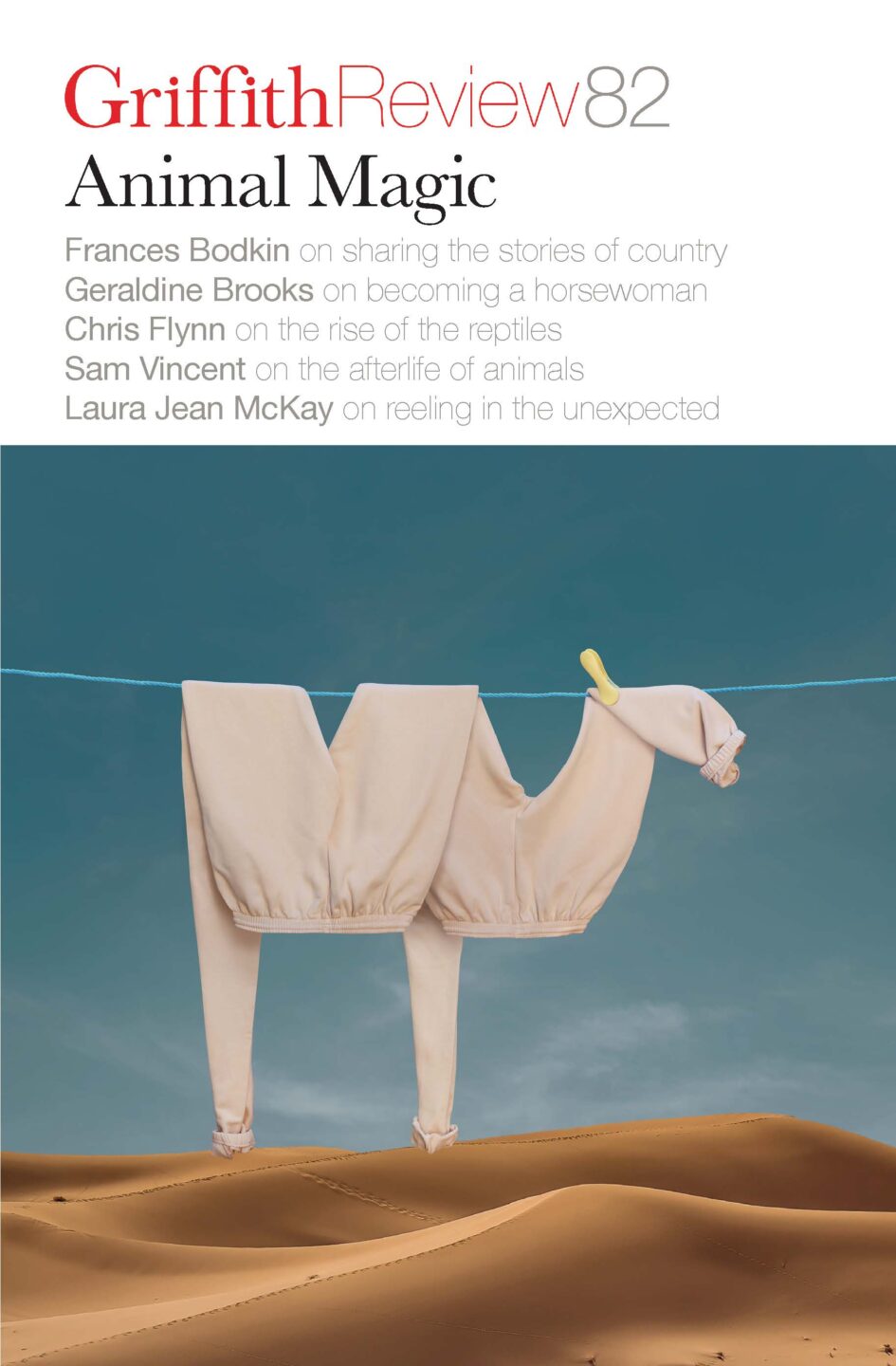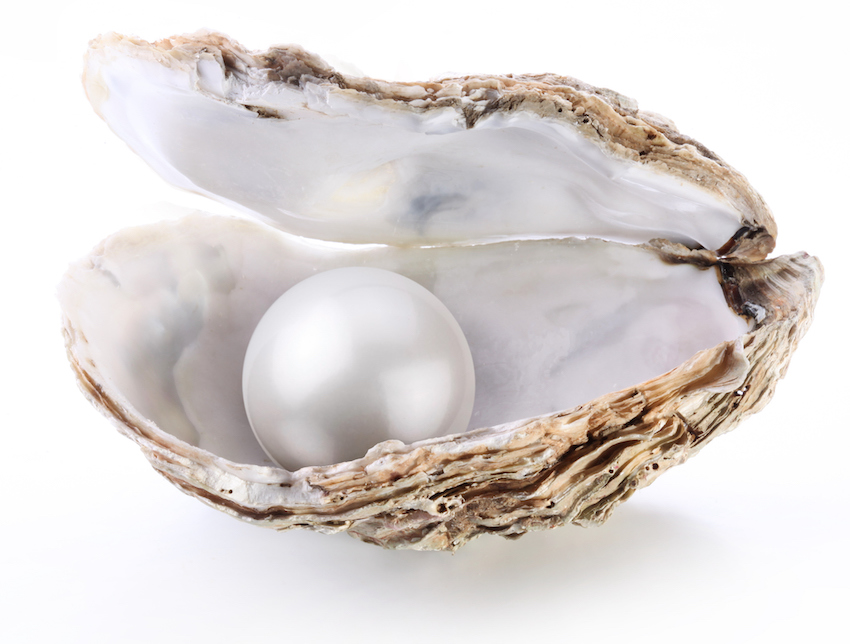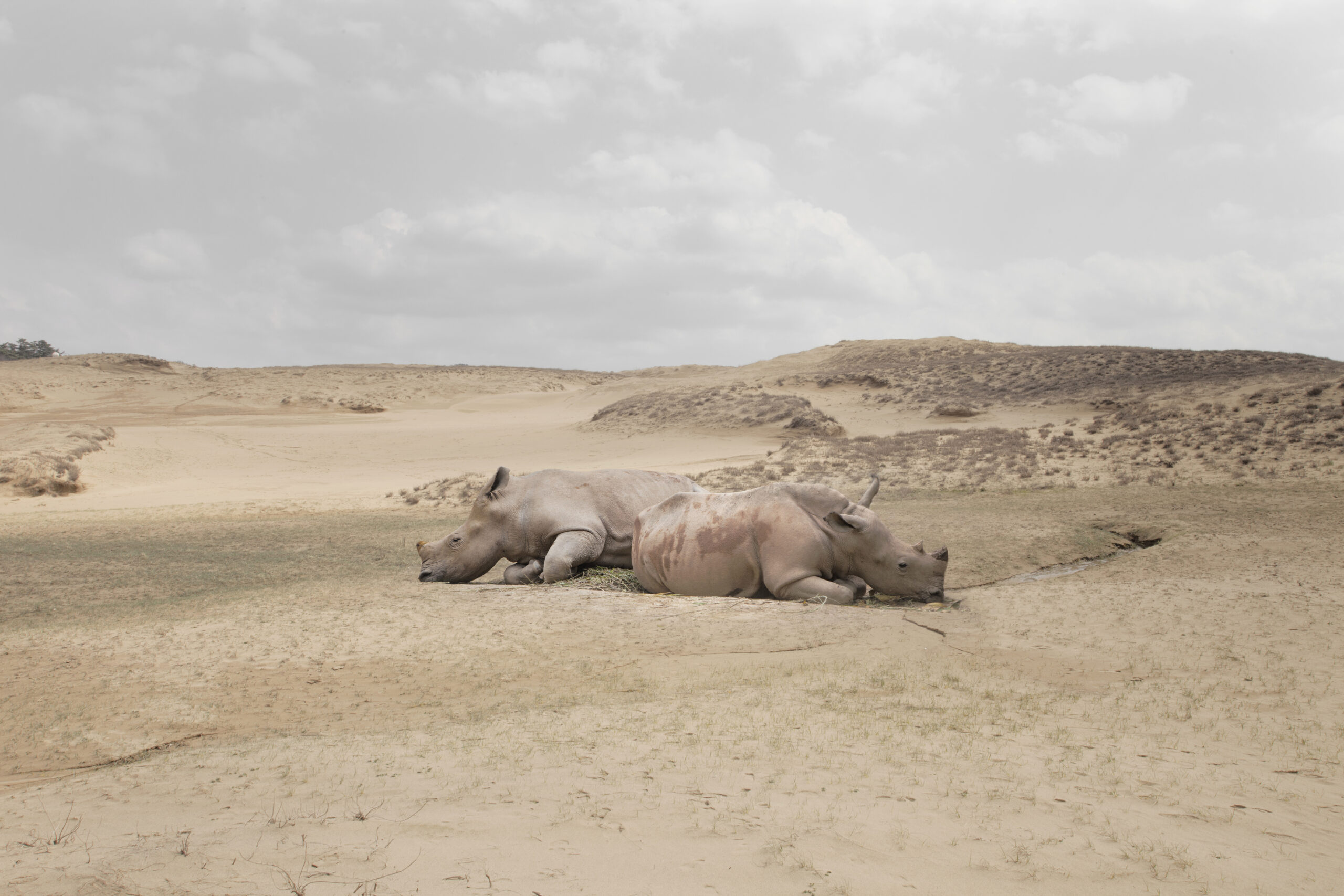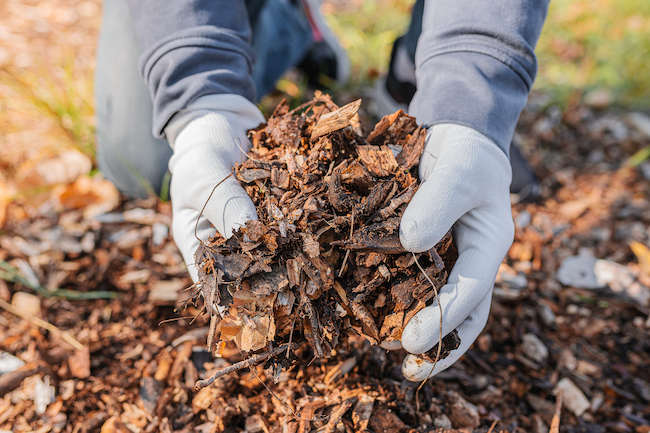Featured in

- Published 20231107
- ISBN: 978-1-922212-89-4
- Extent: 208pp
- Paperback, ePub, PDF, Kindle compatible


Already a subscriber? Sign in here
If you are an educator or student wishing to access content for study purposes please contact us at griffithreview@griffith.edu.au
Share article
About the author

Elizabeth Tan
Elizabeth Tan is the author of the novel-in-stories Rubik (Brio, 2017) and the short-story collection Smart Ovens for Lonely People (Brio, 2020). She lives...
More from this edition

Narratives of the natural world
In ConversationAll kinds of interpretation are a form of fiction. These are fictions that we need in order to connect with the larger environment. When our current thinking has failed to make us think of ways to connect with the environment, art may be the only way we can have access to new ways to think about where we are in relation to the environment.

Sartre’s lobsters
Non-fictionIn The Secret Life of Lobsters (2004), Trevor Corson describes how, before the lobster’s status had sufficiently improved for affluent urbanites to desire its meat, ‘lobster’ was used derogatorily to describe British redcoats during the American Revolution and, later, dupes or fools in general. Which brings me to Jordan Peterson.

Smoking hot bodies
Non-fictionSince 2013, South Korea has mandated the use of compost bins for uneaten food and the country now recycles an estimated 95 per cent of its food waste. Similar schemes exist in Europe and North America, and in June, Nevada became the seventh American state – after Washington, Colorado, Oregon, Vermont, California and New York – to legalise human composting. Known as ‘terramation’ or ‘natural organic reduction’, the process entails a certified undertaker placing the cadaver beneath woodchips, lucerne and straw in a reusable box, where, with the controlled addition of heat and oxygen, it decomposes within eight weeks.